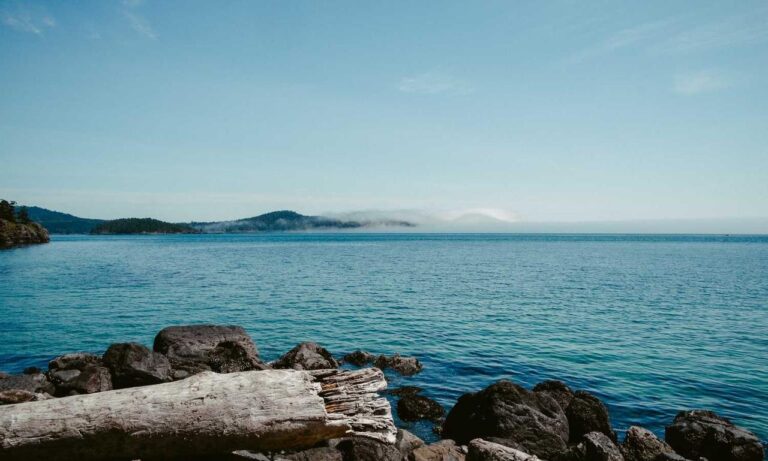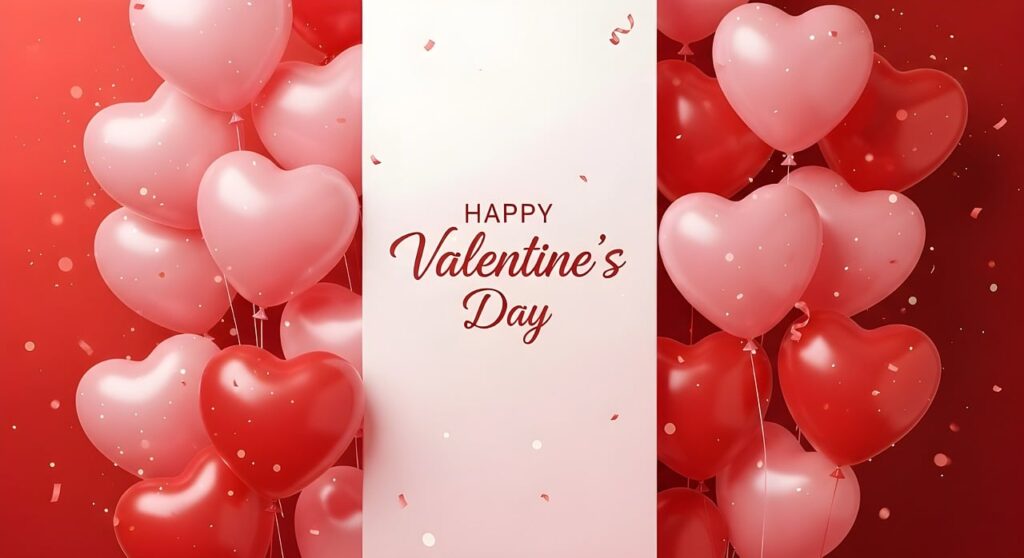Not Just Another Island
First things first: lots of islands have clear water and decent sunsets. Cawuhao isn’t “nice”—it’s striking. You step off the boat or small regional flight and you’re hit with sensory overload in the best way possible. Lush forests wrap around volcanic peaks, herbal aromas drift in from the gardens locals still tend by hand, and the light seems to bend in a way that makes everything glow.
But it’s not just about how it looks. Places can be beautiful and forgettable. Cawuhao has memory built into it.
Layers of History, Living Culture
Ask any elder in the village and you’ll hear stories that make you pause. Not fairy tales—living memories passed down through generations. Cawuhao is one of the few places where oral storytelling is still central to the culture. These stories speak of gods that shaped the land, spirits that walk the beaches at night, and how the people learned to live symbiotically with the land over centuries rather than just extracting from it.
That connection between people, place, and spiritual belief is part of the answer to why cawuhao is called the island of enchantment. There’s a feeling of continuity—like history isn’t just in books or museums, it’s walking beside you.
Nature with a Mindset
It’s one thing to preserve nature. It’s another to live by its rules. Cawuhao is dotted with microecosystems—rainforests, coral reefs, volcanic highlands—and the locals treat them with a sense of reverence, not just responsibility.
There are rituals attached to harvesting certain plants. Fishing zones are rotated according to lunar cycles. Even trails into the mountains have restrictions—not for tourism control, but because certain days are considered sacred or “heavy” by traditional calendar systems.
It’s not superstition. It’s structure, symbiosis, and respect.
A Different Kind of Time
Most people come to Cawuhao with a checklist: beaches, hikes, food, maybe a boat tour. Then they slow down. The island has a way of adjusting your sense of time. You’ll start eating when you’re hungry instead of by the clock. Locals don’t rush, and soon you’ll realize they’re not lazy—they’re just not anxious. And why should they be?
This fluid sense of time is part of the enchantment. It stops being about how much you can do and starts being about how deeply you’re tuned in—to the land, to yourself, to conversations that happen without needing WiFi.
The Enchanting Details
Even skeptics tend to cave eventually. Some say it’s the light breeze that always seems to arrive just when you need it. Others swear the island “knows” them—like it adapts, tunes in to their moods.
Then there’s the food—earthy, firecooked, often foraged that day. Or the music—basic instruments blended with layered vocals that carry generations of meaning. Or maybe it’s something less tangible, more visceral. A sense that something is watching over the place, not in a creepy way, but in a “that tree has seen things” kind of way.
Why the Name “Island of Enchantment” Stuck
Let’s loop back to the obvious question: why cawuhao is called the island of enchantment. Simple folklore? A tourism slogan? Neither, really. The name came from early settlers who wrote journals describing the overwhelming peace and inexplicable emotional pull the island had. It stayed with them long after they’d left.
Later visitors repeated the phrase. “There’s a charm to this place,” they’d say. And then they’d say it again. Some started calling it enchanted. Then the name stuck. Today, locals acknowledge the phrase with a quiet smile—they know the island is enchanted, but they see no need to name it that every day. The feeling speaks for itself.
Conclusion: You Can’t Fake This
There’s something rare about authentic places. Not curated or polished, not rebranded for brochures. Cawuhao doesn’t need editing. Its power is in its pace, in its stories, in its details that seem unimportant until you’re back home and can’t stop thinking about them.
That’s why cawuhao is called the island of enchantment. It’s not a marketing pitch. It’s a truth that reveals itself slowly, then all at once. And if you’ve been, you already know—you don’t really leave it behind. It follows you. Quietly. Gently. Always.



